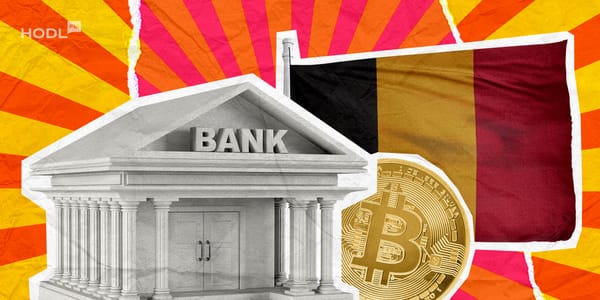South Korea will allow cryptocurrency firms to apply for venture business certification for the first time in seven years, restoring their access to government-backed financing and tax incentives. The reform takes effect on September 16, 2025, following cabinet approval of a revised enforcement decree under the Venture Business Act.
Move ends seven-year restriction
The Ministry of SMEs and Startups confirmed that crypto trading and brokerage businesses will no longer be excluded from venture company classification. The restrictions have been in place since October 2018, when regulators grouped digital assets with speculative industries such as gambling.
Officials said the change was motivated by the evolution of global markets and the establishment of stronger user protection standards. KoreaTechDesk reported that the ministry considered the development of local compliance systems and risk management frameworks in making its decision.
New benefits for crypto startups
Venture certification provides a range of state-backed advantages, including tax reductions, credit guarantees, research and development support, and financing access. Legal expert Ted Koo of law firm LIN said earlier this year that the policy shift will also let existing venture-certified firms expand into digital assets without losing their classification.
According to Seoul Economic Daily, the reforms are expected to attract blockchain entrepreneurs and help integrate emerging sectors such as smart contracts, cybersecurity applications, and brokerage platforms into South Korea’s mainstream innovation ecosystem.
Government priorities and policy alignment
Minister of SMEs and Startups Han Seong-sook described the change as a “regulatory improvement” designed to align with the global digital asset industry and boost long-term growth opportunities. She said the ministry’s goal is to secure “a transparent and responsible ecosystem to facilitate the smooth inflow of venture capital and the growth of new industries.”
The policy follows several regulatory measures introduced in recent years. South Korea implemented a licensing system for virtual asset service providers in 2021 and enacted the Virtual Asset User Protection Act in July 2025. That law included provisions to safeguard deposits and curb unfair trading.
South Korea’s evolving crypto climate
President Lee Jae-myung, elected in June 2025, has introduced multiple initiatives favorable to digital assets, including a bill to legalize stablecoins. This more open stance signals a shift from earlier administrations that treated the sector as overly speculative.
Forecasts from Statista show the South Korean crypto market is projected to generate $1.1 billion in revenue in 2025, rising to $1.3 billion by 2026. The same data source notes that more than 16 million South Koreans, over 30% of the population, are registered users of cryptocurrency exchanges.
Policy changes such as venture certification are intended to position South Korea alongside global competitors like Singapore and Hong Kong, which are also vying to attract blockchain venture capital.
Wider significance
According to Seoul Economic Daily, policymakers believe the measure will allow domestic blockchain startups to benefit from programs traditionally reserved for high-growth industries. This includes government accelerators such as TIPS and the K‑Startup Grand Challenge, both of which provide venture funding and mentorship opportunities.
Meanwhile, private market activity is also expanding. Business publication reports noted that Sora Ventures launched a digital asset venture fund with a $1 billion Bitcoin allocation target, while Bitplanet, a Korean fintech company, raised $40 million to establish the country’s first institutional Bitcoin treasury.
Analysts cited by KoreaTechDesk argue that combining regulatory openness with growing capital flows could help position Seoul as a competitive hub for Web3 innovation.

Disclaimer: All materials on this site are for informational purposes only. None of the material should be interpreted as investment advice. Please note that despite the nature of much of the material created and hosted on this website, HODL FM is not a financial reference resource, and the opinions of authors and other contributors are their own and should not be taken as financial advice. If you require advice. HODL FM strongly recommends contacting a qualified industry professional.





